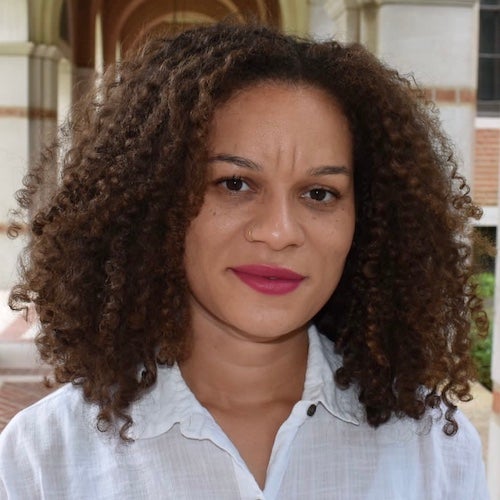Amarilys Estrella, Rice Anthropology Assistant Professor, has published the article "Confident futures: Community-based organizations as first responders and agents of change in the face of the Covid-19 pandemic" in Social Science & Medicine. The article is based on a collaboration between medical anthropologists, graduate students and community organizations in New York City and Amsterdam. The article's abstract, as well as the link to the full article, can be found below.
"This comparative study of community organizations serving marginalized youth in New York City and Amsterdam utilized a novel ethnographic approach called reverse engineering to identify techniques for social change that are active in each organization, adaptable and translatable to other contexts. It found that youth-serving organizations led flexible responses to the crisis of COVID-19 as it affected those marginalized by race, immigrant status, housing instability, religion and gender. The organizations employed techniques that they had previously developed to cultivate youth well-being – among them connectivity, safe space, and creativity – to mount tailored responses to COVID-19 related crises. In New York City, these groups addressed crises of material survival resources (personal protective equipment, food, housing) whereas in Amsterdam, youth-serving organizations focused on social connections and emotional well-being as the government met more of participants’ material needs."

